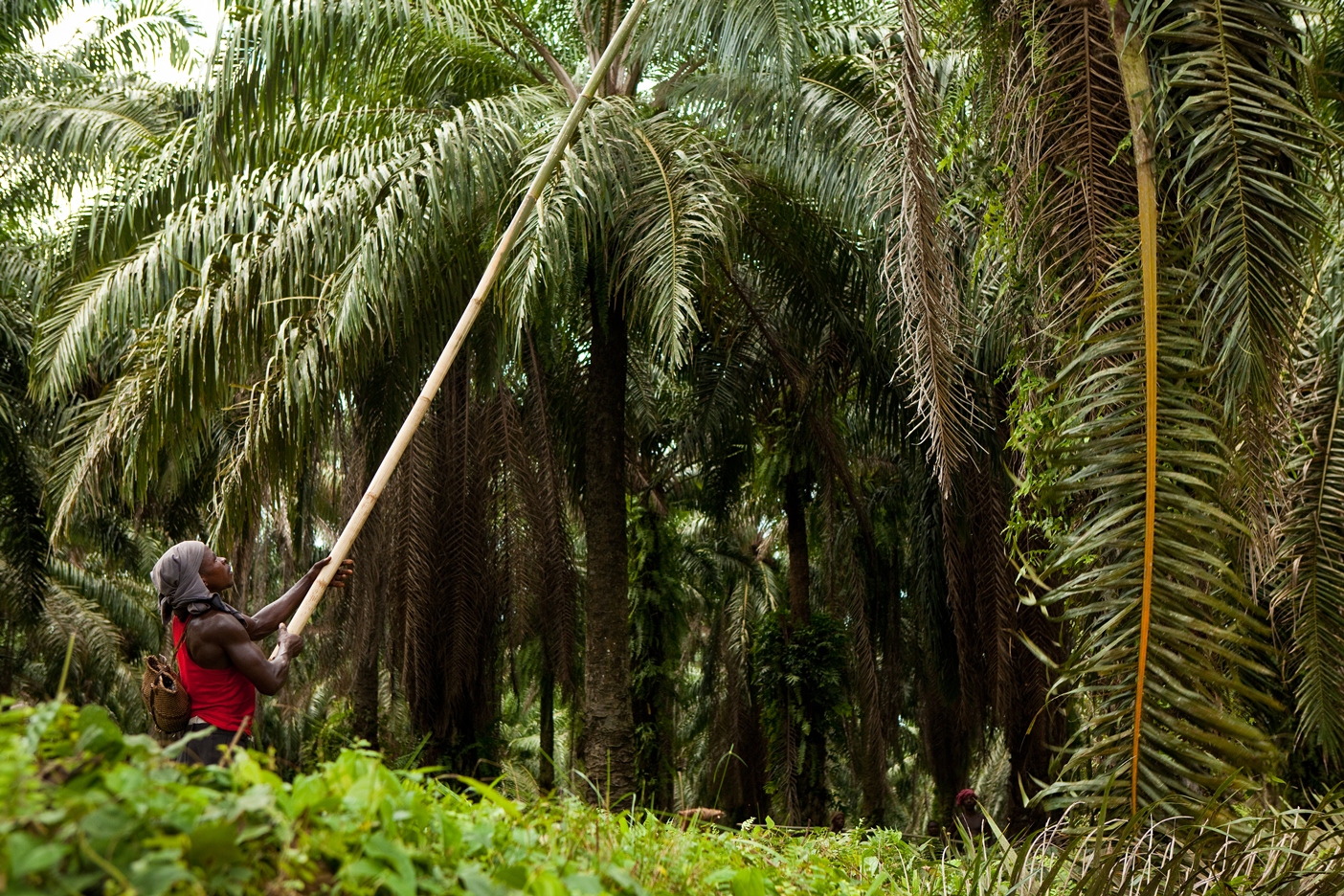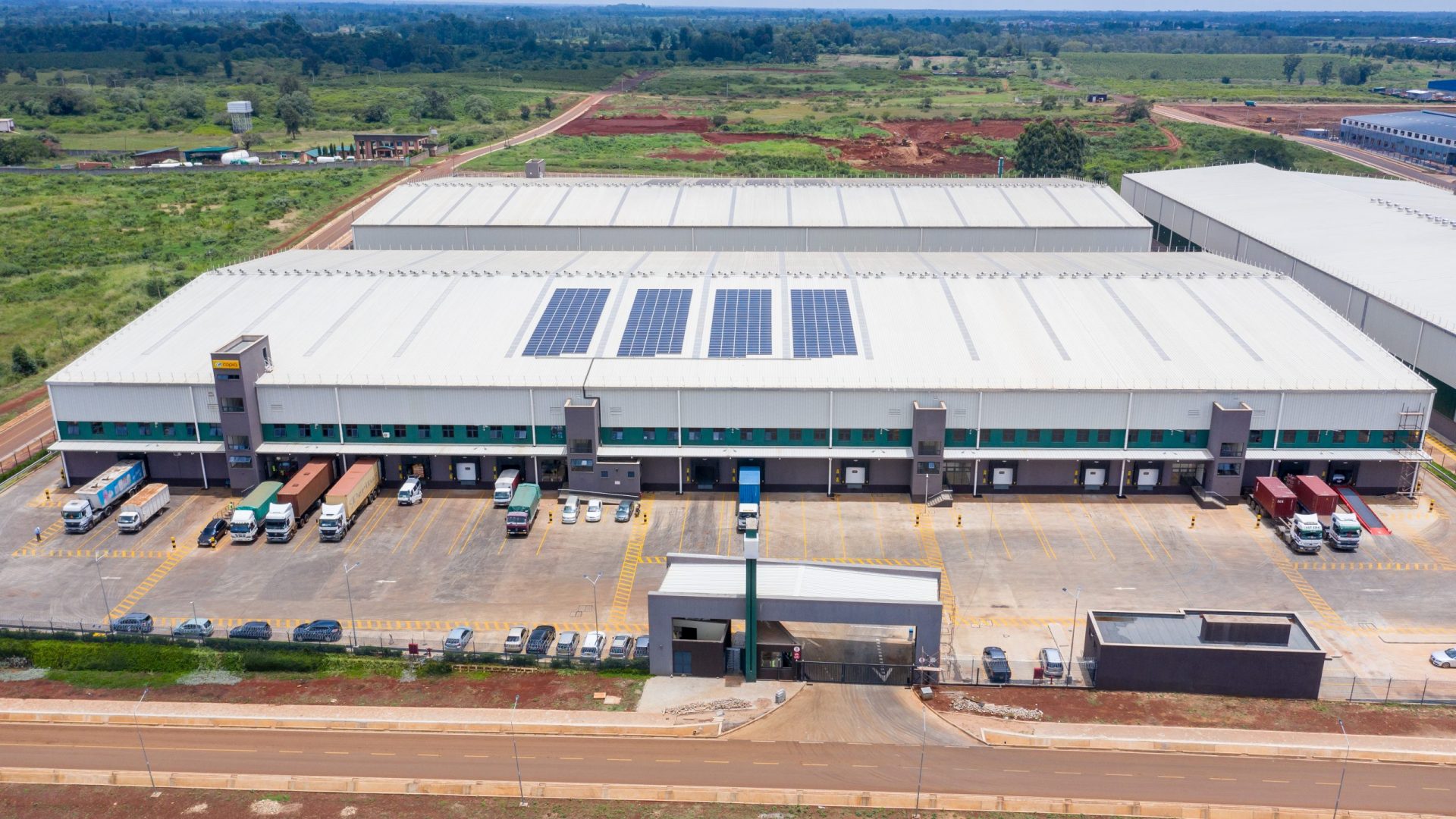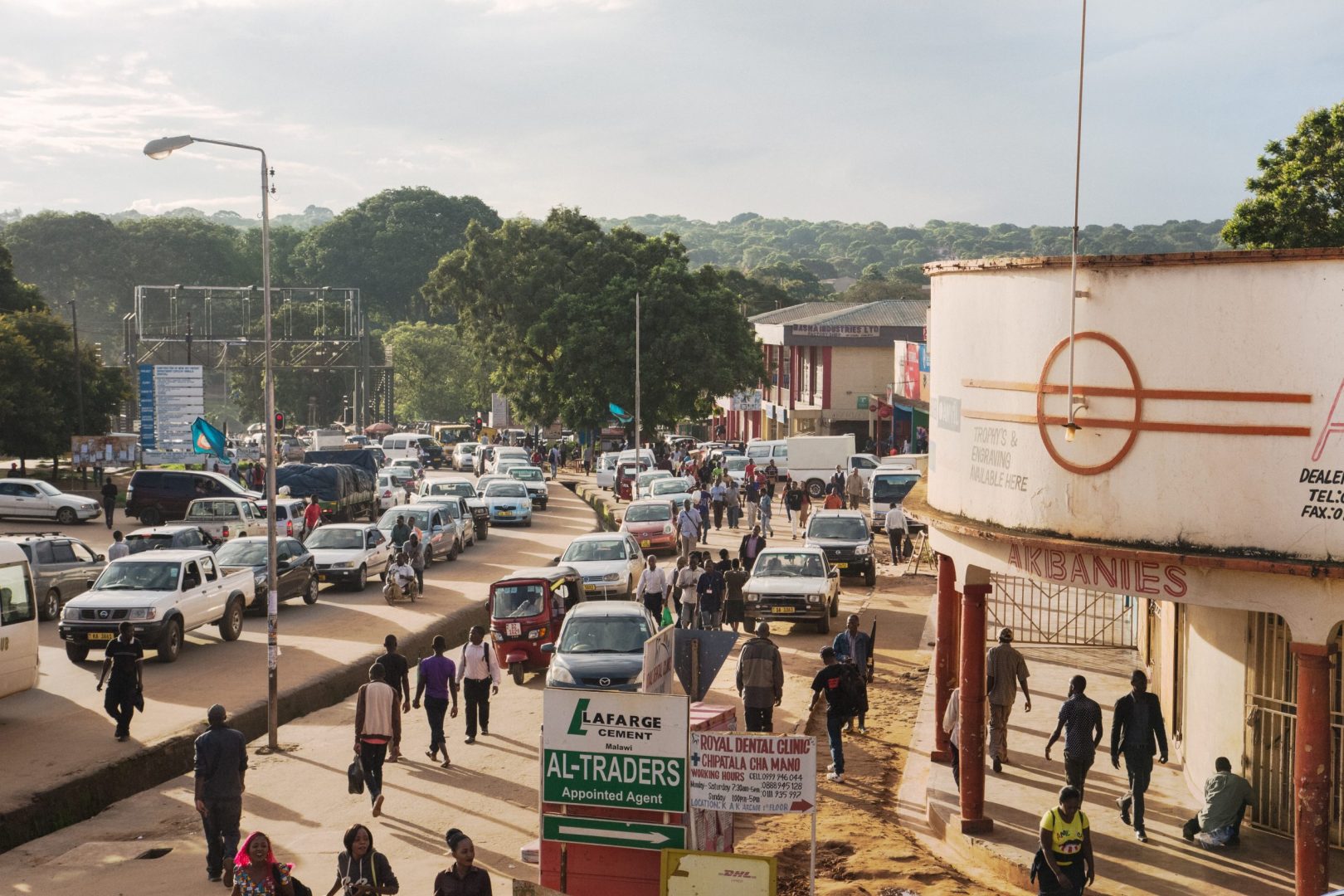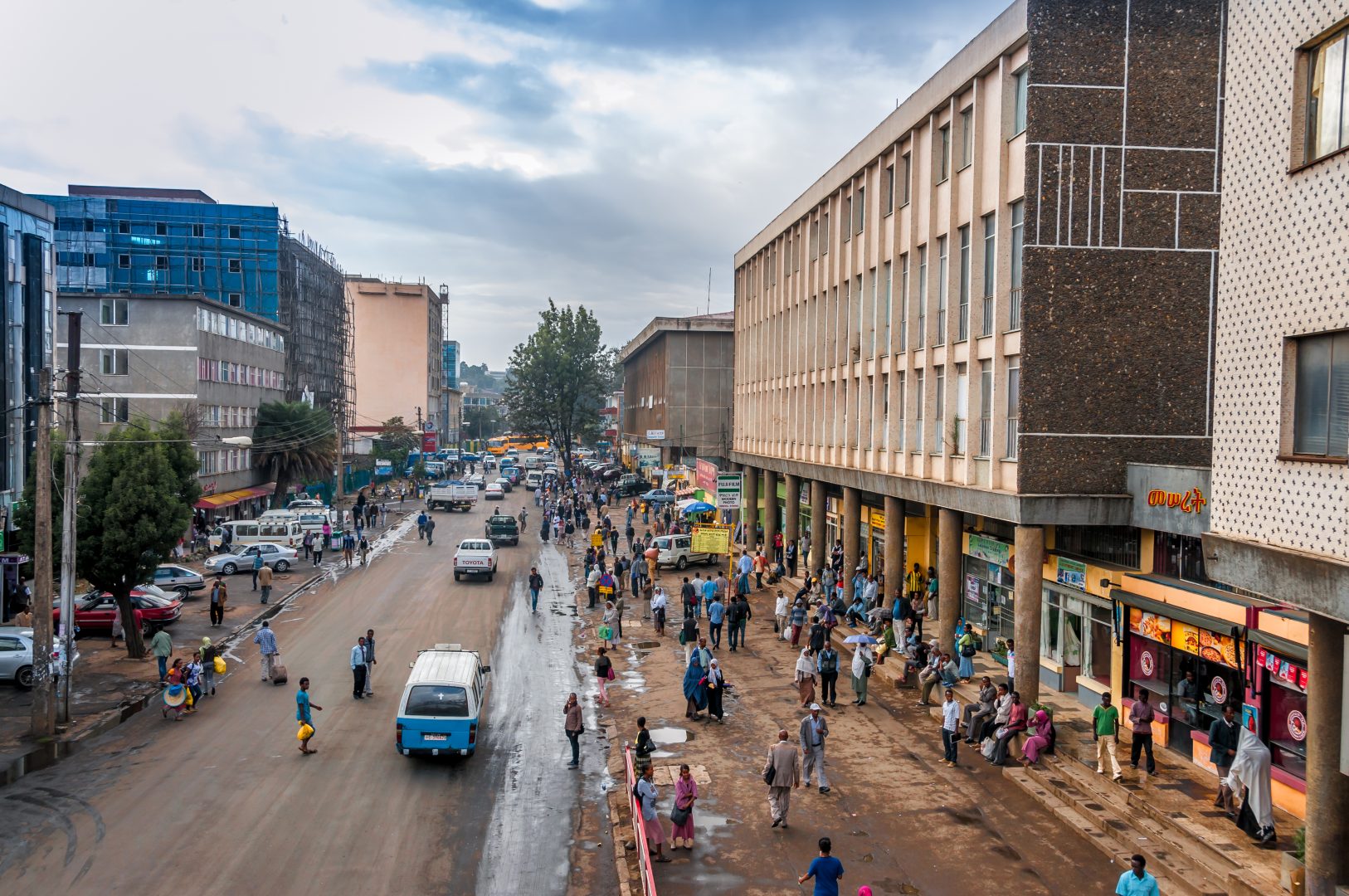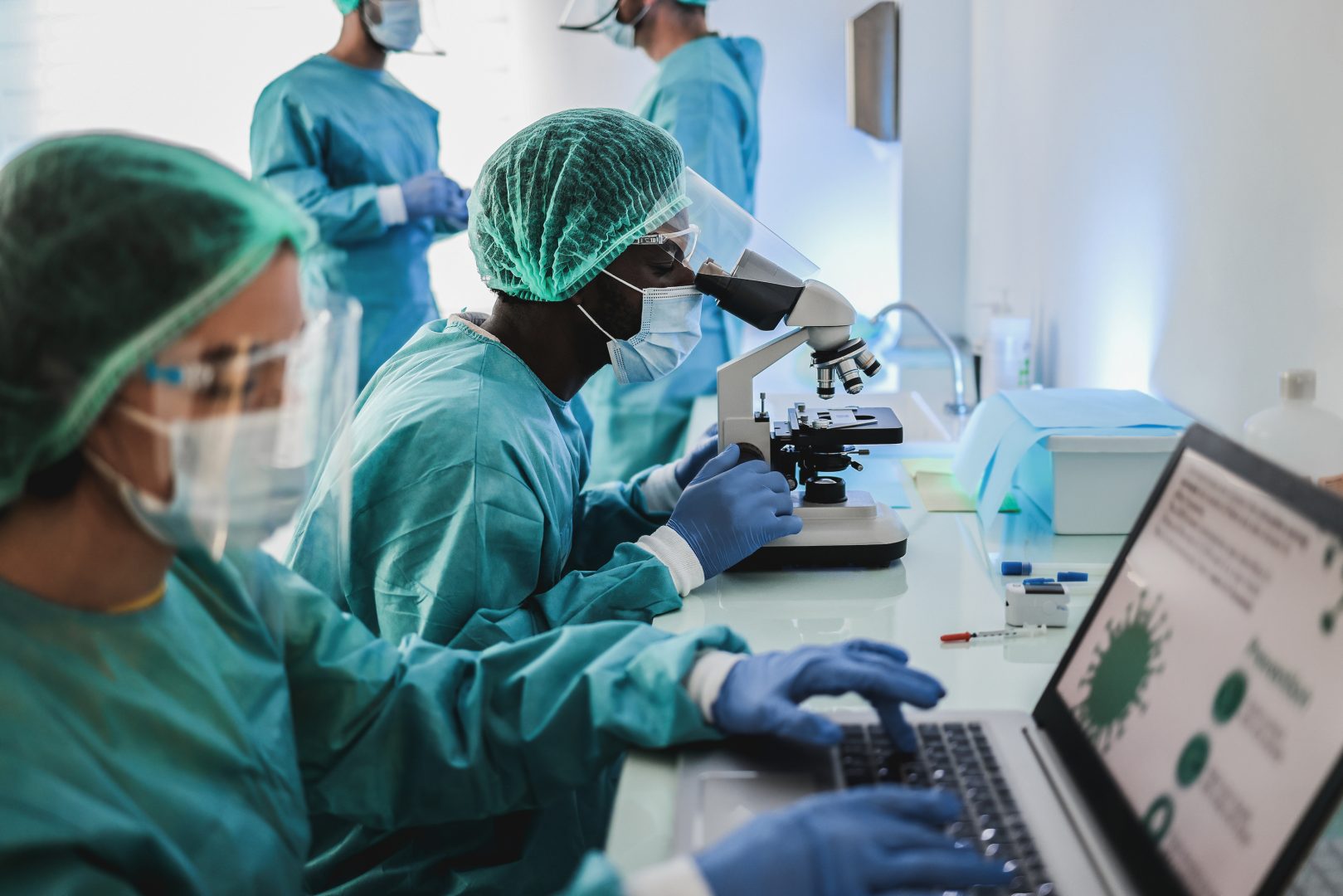Can the public and private sectors collaborate to meet development challenges?
Decades of progress towards reducing global inequality may have halted, but Michael Anderson’s resolve to tackle global health challenges has intensified. The company he heads up, MedAccess, accelerates access to innovative healthcare products in emerging markets. As a former Special Envoy for the UK Prime Minister for the UN’s Sustainable Development Goals, and the former CEO of the Children’s Investment Fund Foundation, Michael’s expertise and experience in the upper echelons of the public and private sectors give him deep insight into how to collaborate for impact.
“‘How can we best get medicines into the hands of patients?’ A number of people had been working on this question for some time,” says Michael, on how MedAccess came into existence. “I wasn’t directly involved at the start. People from the World Health Organization, the Gates Foundation, the Clinton Health Access Initiative and the UK Government came together to work on market shaping first.”
Market shaping in MedAccess’ context means addressing healthcare market inefficiencies, enabling products or services to enter underserved markets faster, at lower prices, and at an assured quality. “It was CDC that grabbed the baton and drove the idea forward”, says Michael. “They said ‘okay, we’re going to create this thing’, and gave us $200 million of paid-in capital. We’ve been going now since December 2017.”
MedAccess provides guarantees to balance risks that companies take when introducing health commodities into developing countries. Bureaucracy, visibility about demand for products and financial risk are just some of the challenges pharmaceutical companies face when doing business in Africa and South Asia. As a result, they often follow high price, low volume models that put products out of the reach of the people who need them. MedAccess’ guarantees enable companies to make longer-term commitments to provide products at sustainable prices in those regions. “We have a brain for business and a heart for humanity,” says Michael, “and we use business methods and business staffing to tackle these problems in a way that will have really positive benefits for the health of people in developing countries.”
MedAccess recently teamed up with the Bill & Melinda Gates Foundation to support access to an innovative anti-mosquito bed net that contains two types of insecticides, one of which is completely new. This is important because in many countries, especially in West Africa, mosquitoes have developed resistance to some insecticides. “We partnered with the German company BASF to help them bring their product in for a longer period of time, and we assured volumes at a much lower price: a 40 per cent reduction in fact. That’s the kind of deal that we’ve been doing in practice.”
According to Maina Sahi, Director and Sector Strategist for Health and Education at CDC, the COVID-19 pandemic has intensified the dialogue between the private sector, not-for-profit organisations and government. “As far as development finance institutions (DFIs) are concerned, the dialogue around working within this framework has really accelerated in the past 7-8 months. The role for DFIs like CDC is now very clear, on three fronts”, she says.
“Firstly, we are higher risk investors – we come into the market much earlier than many other investors, and we need to actually set the agenda of play, with the impact lens high. It’s critical that DFIs set that higher benchmark for development and impact.
“The second is to solve systemic challenges. We invested in MedAccess because we see these challenges in the health environment: not just at a country level, but as a cross-country initiative. COVID has highlighted the vulnerabilities in supply chains that need to addressed at a global scale. DFIs have the money and the networks to do this, and the relationships with governments and aid agencies to make it happen.
“The third is around innovation. In today’s environment, there’s an opportunity for DFIs and other investors to be agile and innovate to respond to this crisis. Also, we need to create more agile systems where you bring money to the market or mobilise capital into the market faster. And funding innovation in the sector itself is crucial. For example there’s been a lot of talk around the potential of health-tech. There’s a big role for DFIs to play here.”
While MedAccess moved quickly to join the global COVID-19 response, Michael feels the finance industry as a whole could have played a larger role in tackling the pandemic: “We put together a $50 million guarantee for Unicef to respond to the COVID crisis in just a few weeks rather than months,” he says, “exceptionally, our board – supported by CDC – agreed to not charge a fee for that guarantee: it was provided pro bono on the recognition that there’s just a huge need at the moment.
“There’s been a paucity of that kind of innovative finance available really quickly, with entities [un]willing to take on more risk, and it’s a place where more innovation and more risk taking is certainly possible. The investment industry as a whole could do more.”
While the investment industry holds a vital key to progress on global health equality, the COVID crisis has put pressure on leaders in all sectors to find solutions to level the playing field. How can businesses help solve health inequality? Michael singles out the importance of understanding the human impact of investments: “I want to tell them: if you could keep track of how what you’re doing impacts public health and use that to inform your decision making, that would be the single most important thing.”
This article is based on discussions at our recent event ‘Advancing private and public sector collaboration to tackle the world’s biggest challenges’, part of our Insight event series. Catch up on the event recording and find out about our future events.


